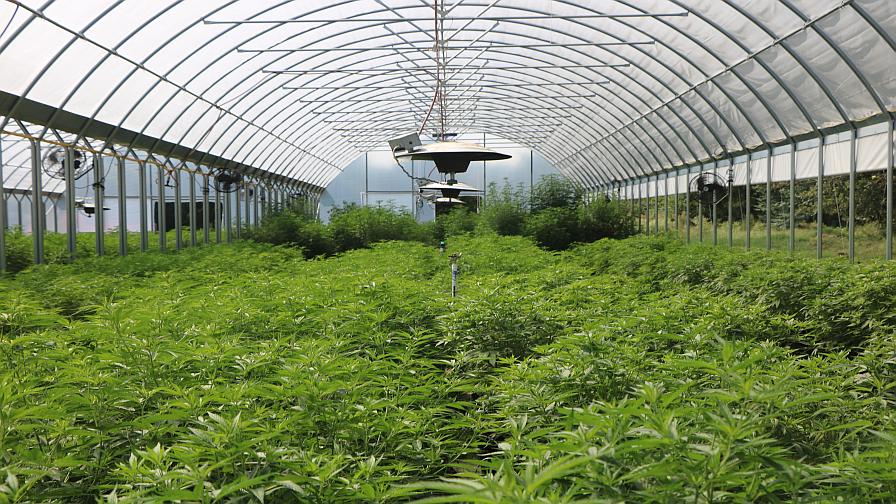3 Reasons Why Plant Breeders Should Trial Their Varieties

Feedback from plant trials can help breeders find the right fit for their selections.
Photo by David McKinney
There is nothing more frustrating for consumers than purchasing a perennial plant that does not perform as promised in the landscape. While this trend tends to be rare and is often due to improper care of the plant by the consumer, grower trialing is one important step in verifying whether your variety fits its claims. After several years of coordinating the Colorado State University (CSU) flower trials, specifically with perennials, I have come to learn that there are several invaluable benefits to choosing to submit your varieties to a public trial garden.
1. Your New Varieties Gain Visibility
There is an unprecedented amount of public exposure to your plant. Specifically, at the CSU trial, the plants are evaluated by a team of industry representatives, owners, and operators of statewide growing operations. Many of these growers choose what perennials they are going to sell in the future exclusively based on performance in the trial garden. In the same capacity, plants that perform exceptionally well are promoted throughout the green industry and given the seal of approval from the university.
Another unique form of marketing takes place in the garden. Consumers, Master Gardeners, and students walk the gardens and are often taking photographs of their favorite varieties and writing down wish lists of those they want to plant, sometimes reaching 1,000 people a day during the summer season. One of the top questions asked by these folks is: “Where do I go to purchase this variety?” This level of public exposure is critical because these people are not reading trade magazines or product catalogs to shop; rather they are observing the product directly.
2. You Have Access to Field Performance Research Across the Country
The research aspect of the trial is one of the most important facets of submitting varieties to trial. Not only is plant hardiness evaluated, but there is an opportunity to see performance in multiple diverse regions of the country. Colorado is known for its dry and frigid winters where some perennials thrive and is unique in its elevation and thinner atmosphere, resulting in some full- sun plants frying in intense solar radiation. However, a trial garden in another region of the country puts the variety to the test in a completely different climate. It is important to understand which regions you can market that plant as a perennial and where it should be treated more like an annual.
3. You Can Evaluate Your Variety in a Real-World Setting
Finally, one of the most important pieces of the trial is seeing your variety in the landscape. While many perennials are flashy, lush, and vibrant in a plug or pot, seeing it several years into its future established in a landscape is crucial. Several of the varieties tested in the garden arrived as a high-quality plug and looked phenomenal in the greenhouse, showing promise.
However, fast forward three years later and many comments were made about its tendency to lodge when well-watered. Other varieties struggle with low fertilizer, closer to how a homeowner would grow it. In a pot or raised bed, you fail to see the effects of an alkaline-induced iron deficiency, lack of drainage, or even interactions between competing perennial varieties. In a trial, you can view competing selections side by side, while also seeing the effects of groundcovers or taller plants on the growth of each selection.
Breeders, whether you decide to trial your plants or not, it is your duty to be certain that your claims match with the reality of a consumer growing that plant. Not only do you owe that to your customer, but also to your reputation. Feedback given in trials across the country with partnerships from both universities and private trials are consolidated at https://www.planttrials.org, and your plants could also have the distinction of being named All-America Selections. I have personally noticed breeding companies (large and small) that do choose to trial have been more than satisfied with their results, and tend to develop the varieties found in local retail spaces that customers trust.










